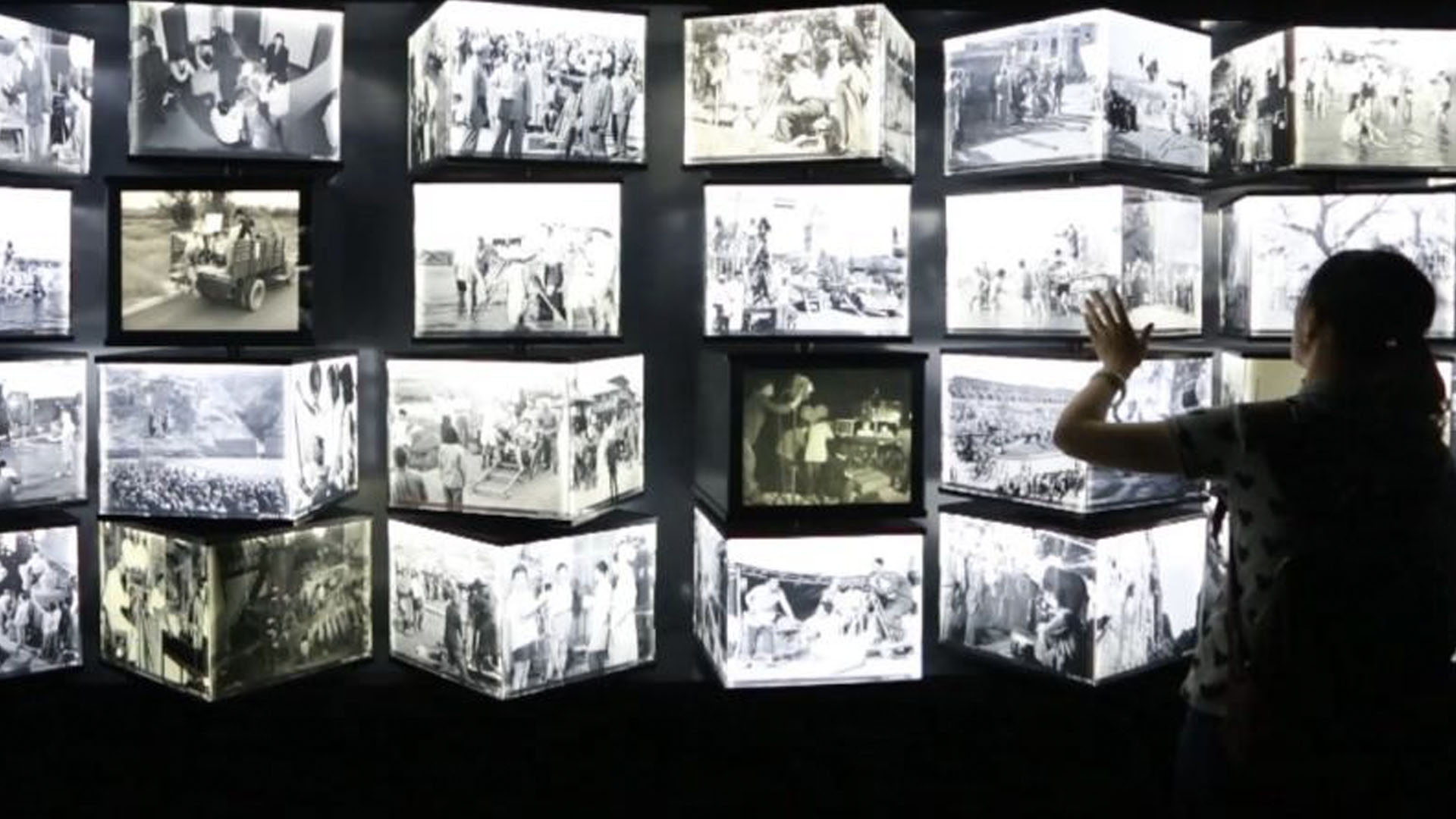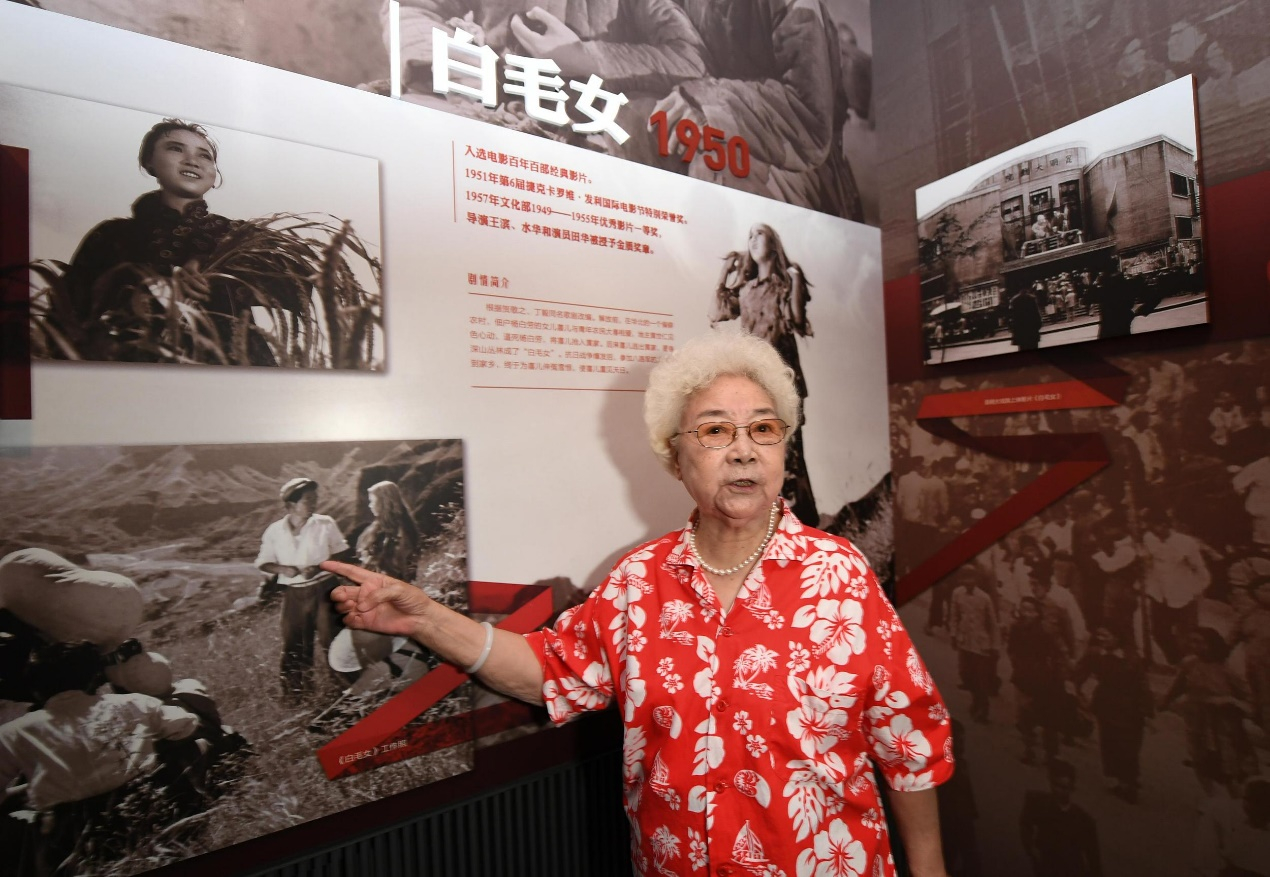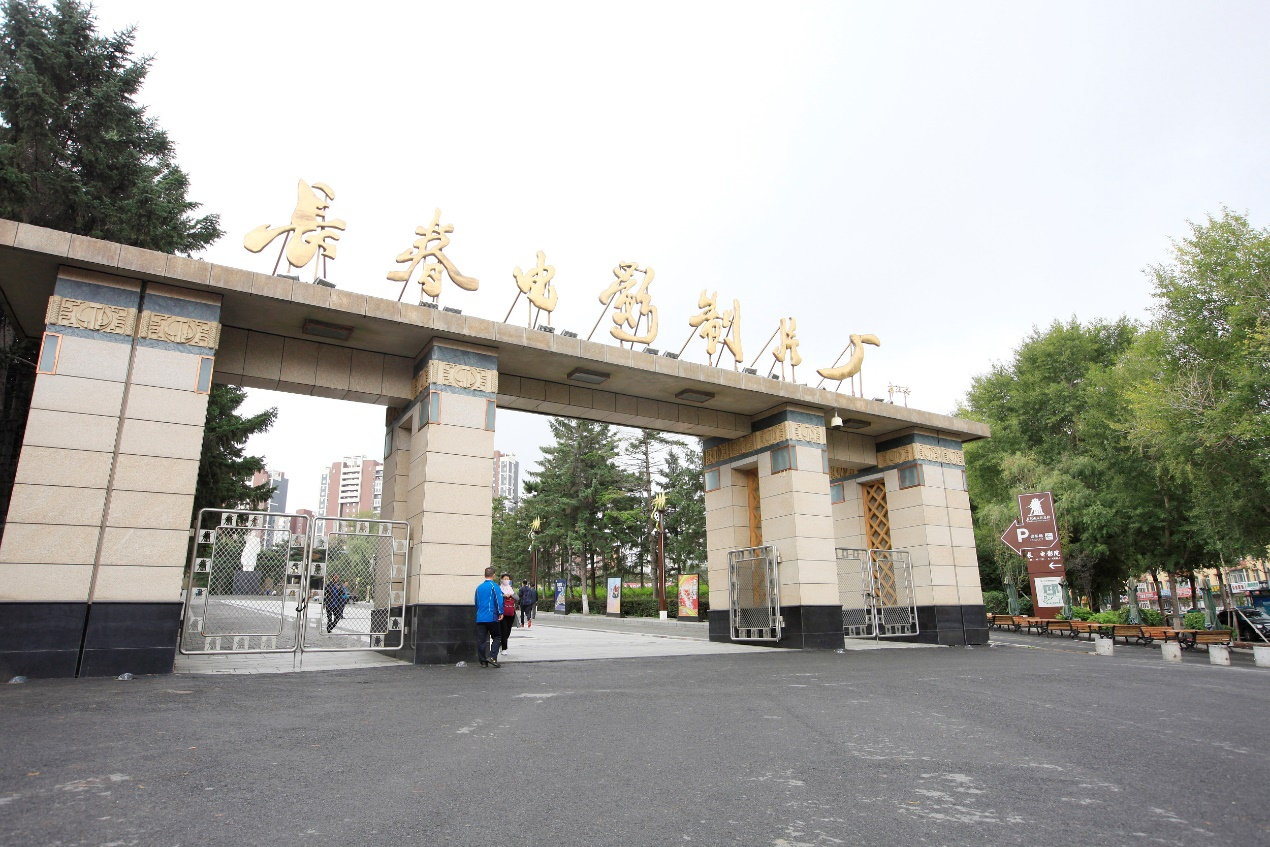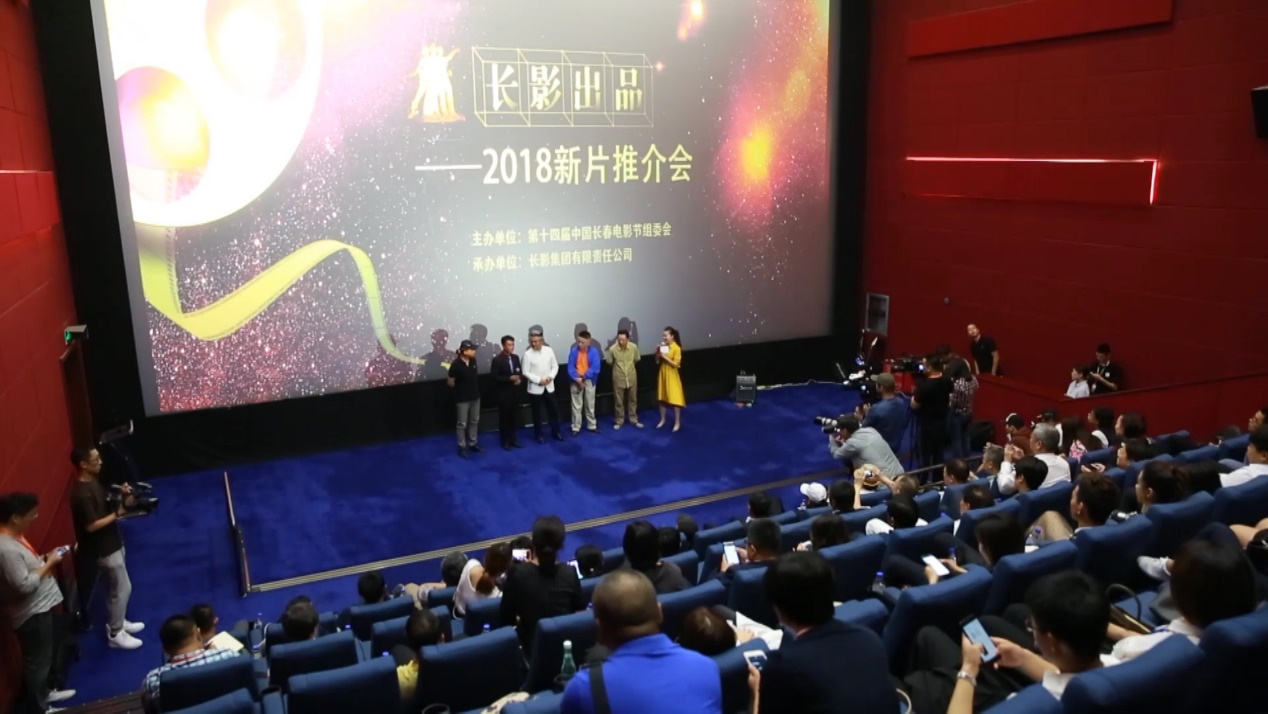
Films
15:19, 05-Sep-2018
'Cradle of modern China's movie industry' seeks new breakthroughs
Updated
15:20, 08-Sep-2018
By Feng Yilei
03:09

The Changchun Film Studio, now known as the Changchun Film Group Corporation, was dubbed "the cradle of modern China’s film industry". It's the birthplace of China's first feature film, first documentary, first cartoon, as well as a series of classics familiar to generations of Chinese audiences.
The studio grew out of the flames of war in 1940s and has carried out a historic mission to strengthen the country's political and cultural power. Li Qinghui, the general manager of Changchun Film Group Corporation said its productions had largely contributed to the liberation and revolution of the country. War pictures and rural peoples' stories like Battle on Shangganling Mountain (1956), Heroic Sons and Daughters, Third Sister Liu (1960) have influenced many generations. After the reform and opening up in the 1970s, the studio has also produced a batch of non-propagandistic commercial hits.

Tian Hua visited Changchun Film Studio Museum and took a photo with the poster of The White Haired Girl / China News Service
Tian Hua visited Changchun Film Studio Museum and took a photo with the poster of The White Haired Girl / China News Service
The cradle has given birth to well over a thousand movies, as well as some 2000 film artists.
90-year old Tian Hua became famous by acting as a peasant young lady escaping from being tortured by her landlord in the studio's The White Haired Girl, a story which later drove forward national landlord reform. Tian sees Changchun Film Studio as her home where she started her career. She said she was lucky and proud to be one of the Changchun studio members, to pass down the spirit of professionalism. “One cannot become a good actress without a good director, a good acting environment, nor a good team spirit,” she added.

Changchun Film Studio/ VCG photo
Changchun Film Studio/ VCG photo
In the last 20 years, China’s film market has increasingly opened up to private firms, which continues to threaten government-run film studios with talent and profit losses. Changchun Film Studio became the first to reform, absorbing social investments while integrating film entertainment with tourism. A museum built on the old site of the studio now tells stories of its glorious past to a new generation from behind the silver screen. The previously state-owned studio, after struggling to transition to a corporate structure, is writing a new chapter in the Chinese film industry.

Changchun Film Group Corporation introduced new productions at the 14th Changchun Film Festival/ CGTN photo
Changchun Film Group Corporation introduced new productions at the 14th Changchun Film Festival/ CGTN photo
Amid the “glitz and glam” of the 14th Changchun Film Festival, Changchun Film Group Corporation has introduced five new productions. Historical epics and biographies of great figures remain the studio's most competitive field while its filmmakers are launching new attempts to meet changing tastes. Zhao Linshan, director of one of the five new films 731, said he personally thought films promoting ideology or patriotism should fit into genres, follow industrialized production standards and be innovative in storytelling. “That's what I do in my new movie,” he said.
Senior director Li Qiankuan, once the chief director of Changchun film studio, said the biannual film gala reminded him of his early days at Changchun Film Studio, digging into scripts, history, characters and real life. He emphasized that “Times are changing, as well as views and values, but these are things our filmmakers should insist—to respect, to learn.” The former chief director also mentioned that the revived Changchun film corporation is still using the old worker-peasant-soldier logo. He said that means they will continue to make outstanding films for the people.
864km

SITEMAP
Copyright © 2018 CGTN. Beijing ICP prepared NO.16065310-3
Copyright © 2018 CGTN. Beijing ICP prepared NO.16065310-3